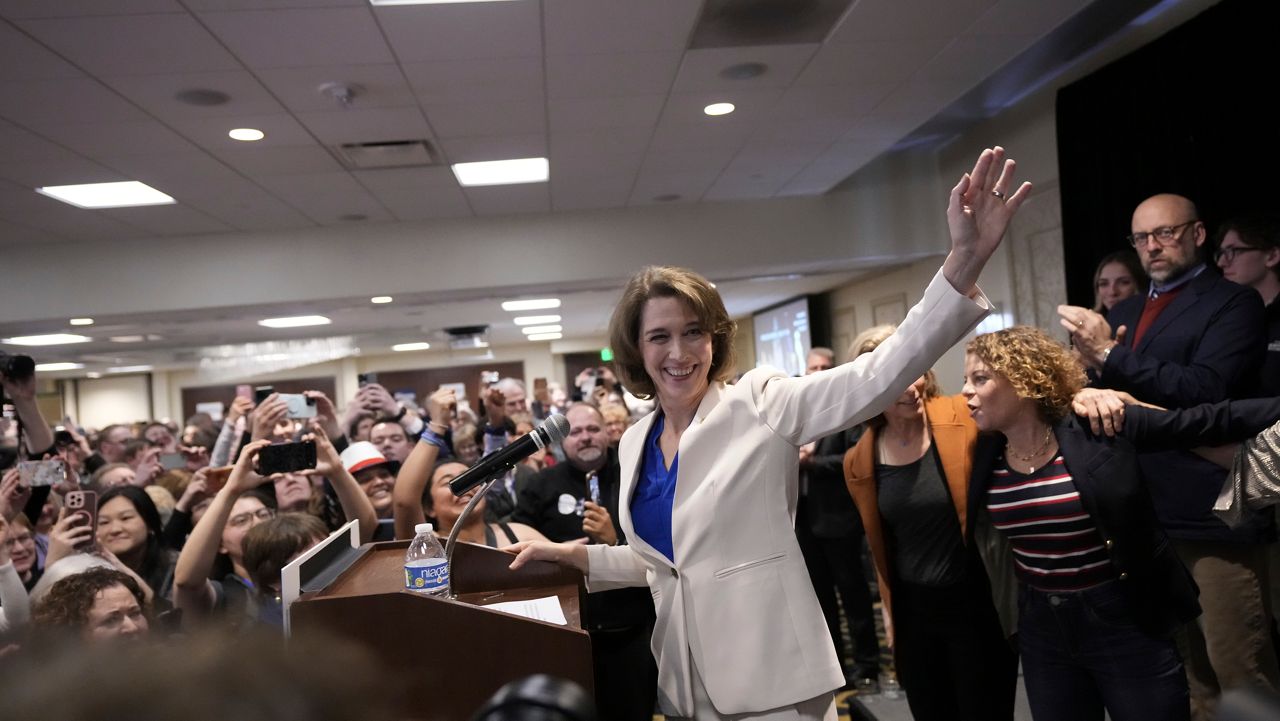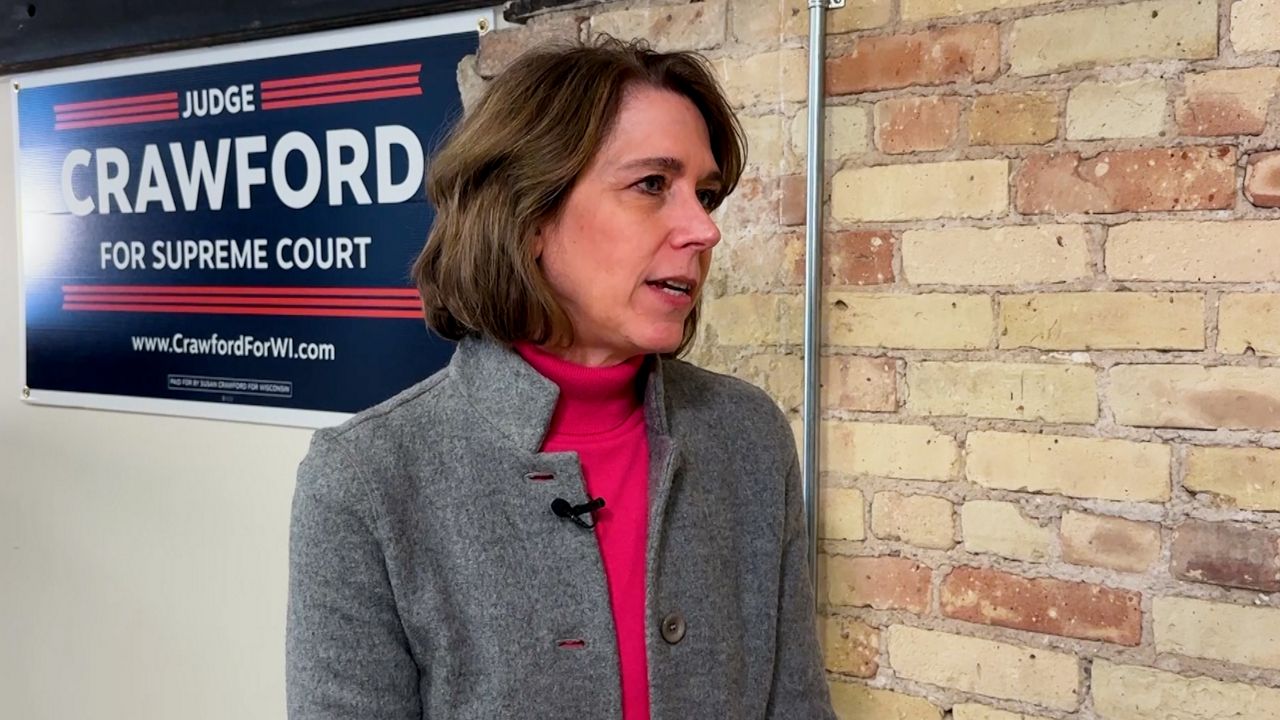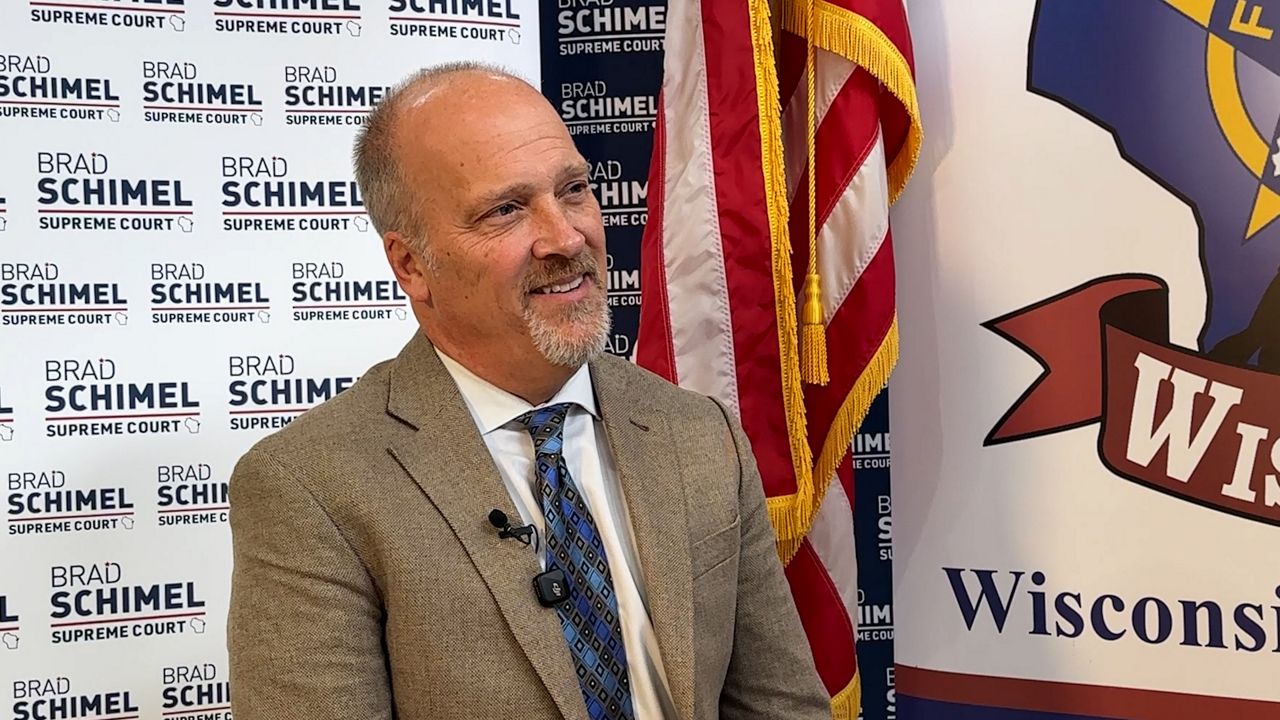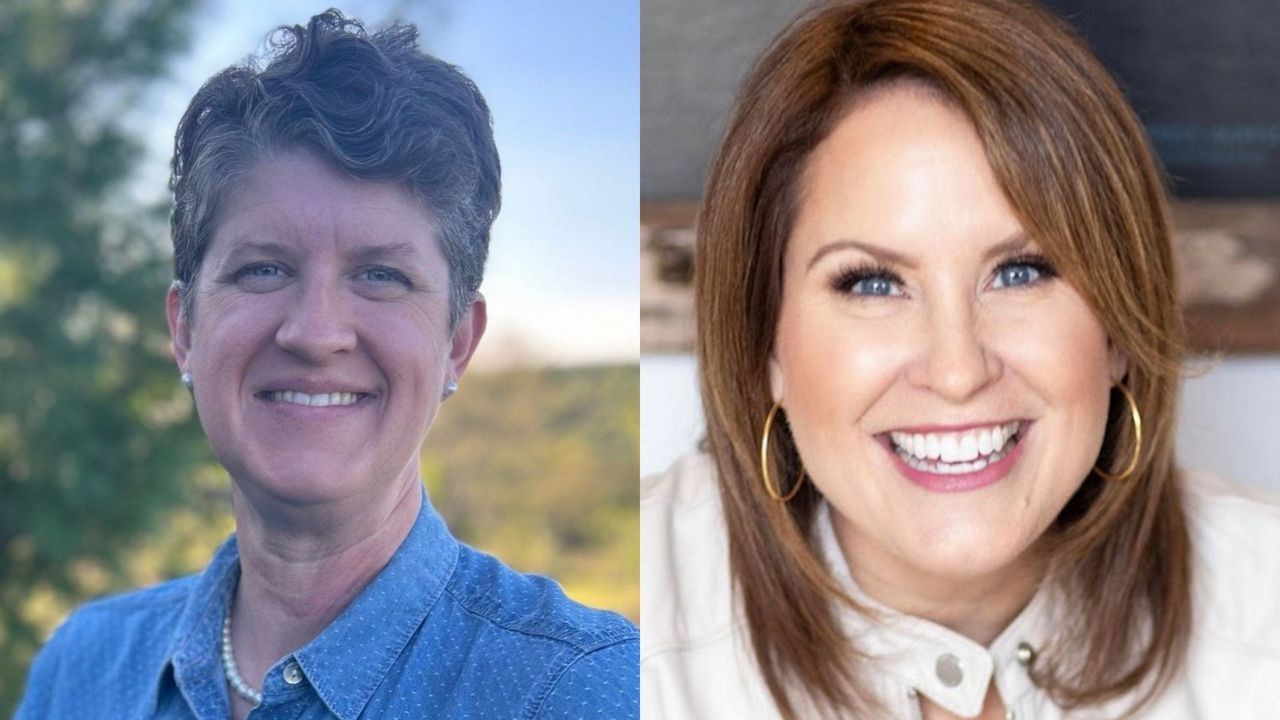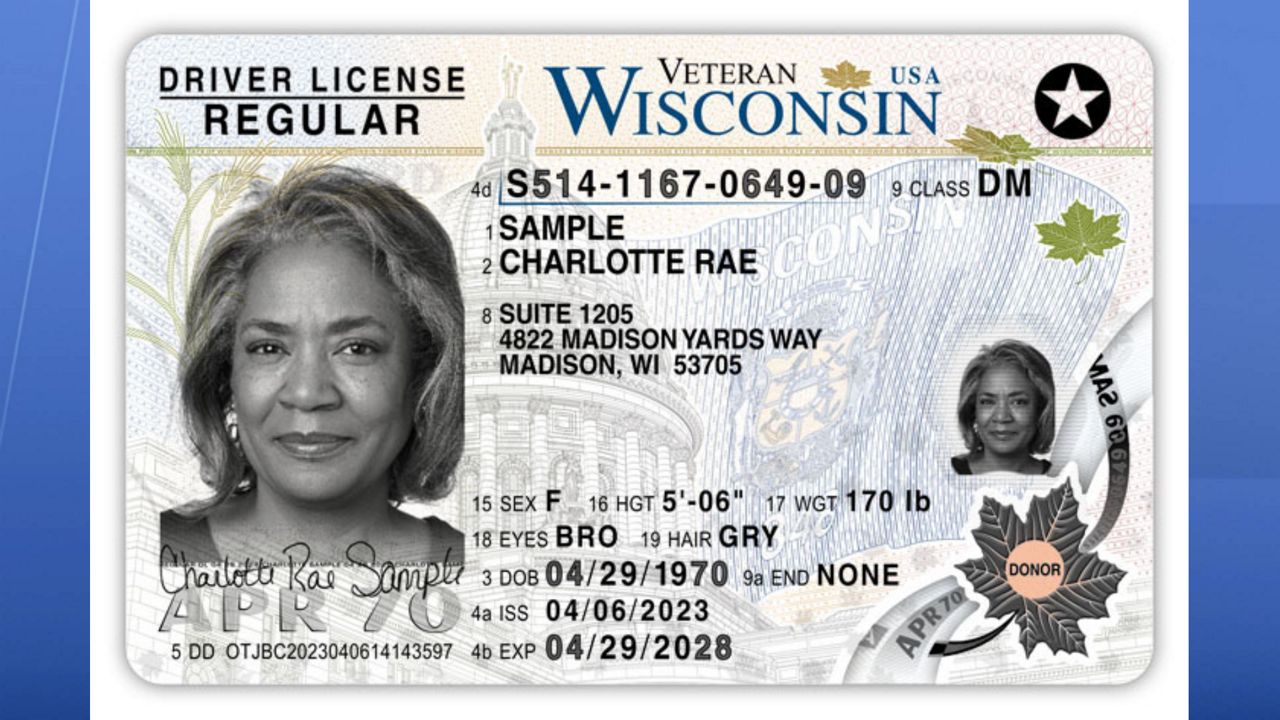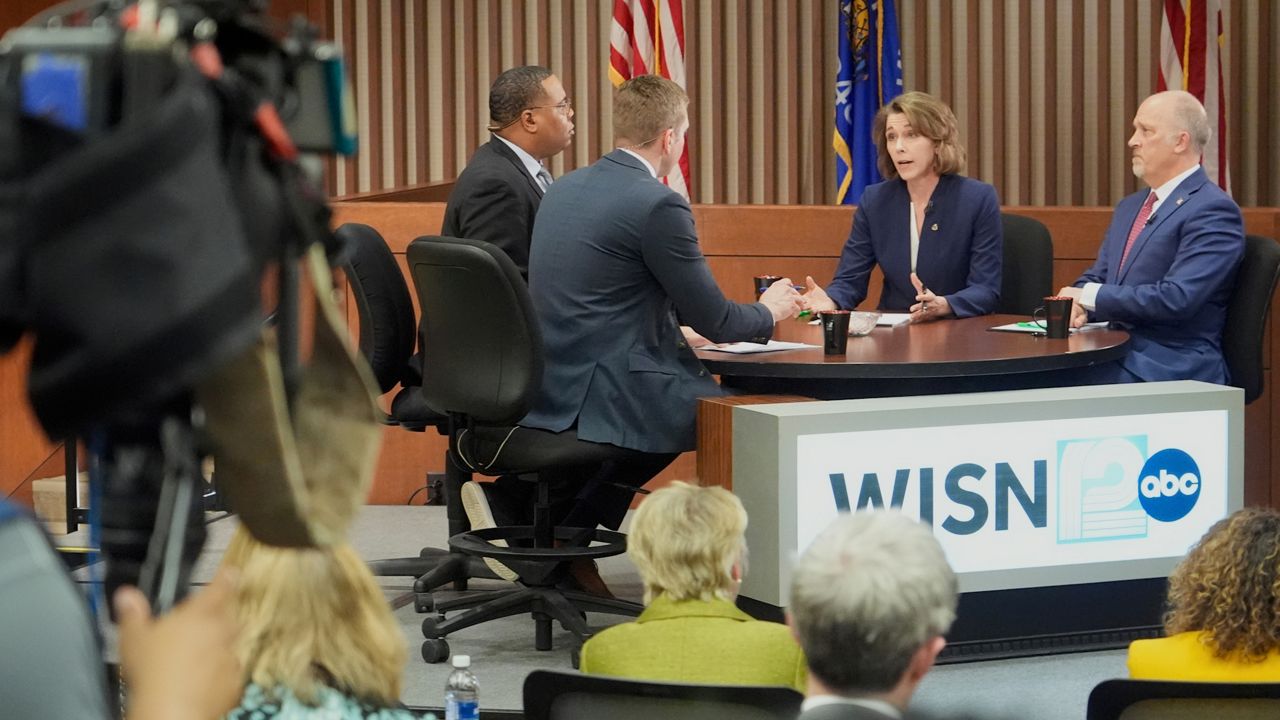MCFARLAND, Wis. — Wisconsin State Superintendent of Public Instruction Jill Underly has made a historic, multi-billion dollar ask, which could cut down the number of school referendums on the ballot.
The ask comes as Gov. Tony Evers, who used to lead the state agency, crafts his upcoming budget proposal.
Underly wants Evers to ask Republican lawmakers for an additional $3 billion when he brings his budget to the legislature early next year, bringing the total of the Department of Public Instruction’s (DPI) overall budget request to more than $4 billion in new investments for K-12 public education. That budget request will be released in full later this month.
“I’m proposing a budget, but it’s up to the governor and the legislature to make these decisions, which local schools and local communities then have to live with,” Underly said during Monday's announcement.
At some point this year, almost half of the school districts in Wisconsin asked voters for more money via a referendum, based on data from DPI.
That included more than 100 districts with referendums on the ballot during the November election. Voters approved 78% of those requests, raising taxes on themselves by a total of $3.4 billion where those measures were passed.
As taxpayers across the state were asked for almost $6 billion this year, Underly said that proves the legislature has underfunded education.
“We will hold down local property tax while investing in education. It’s a true win-win.”“Especially important is that these investments will significantly reduce the number of referendums for operating costs in local communities,” Underly explained. “We will hold down local property tax while investing in education. It’s a true win-win.”
More than a billion dollars was invested in K-12 education in the last budget, including $50 million to improve reading outcomes and $30 million for mental health.
“The disconnect is happening, not in a partisan way, not in an urban-rural way,” State Sen. Kelda Roys, D-Madison, said. “The disconnect is between what voters and communities want and what’s happening in the state Capitol.”
With a total of more than $4 billion, Underly’s proposal would also increase the special education reimbursement rate to 90% by fiscal year 2027, adjust per-pupil revenue limits, and index those limits to inflation for the first time in 15 years.
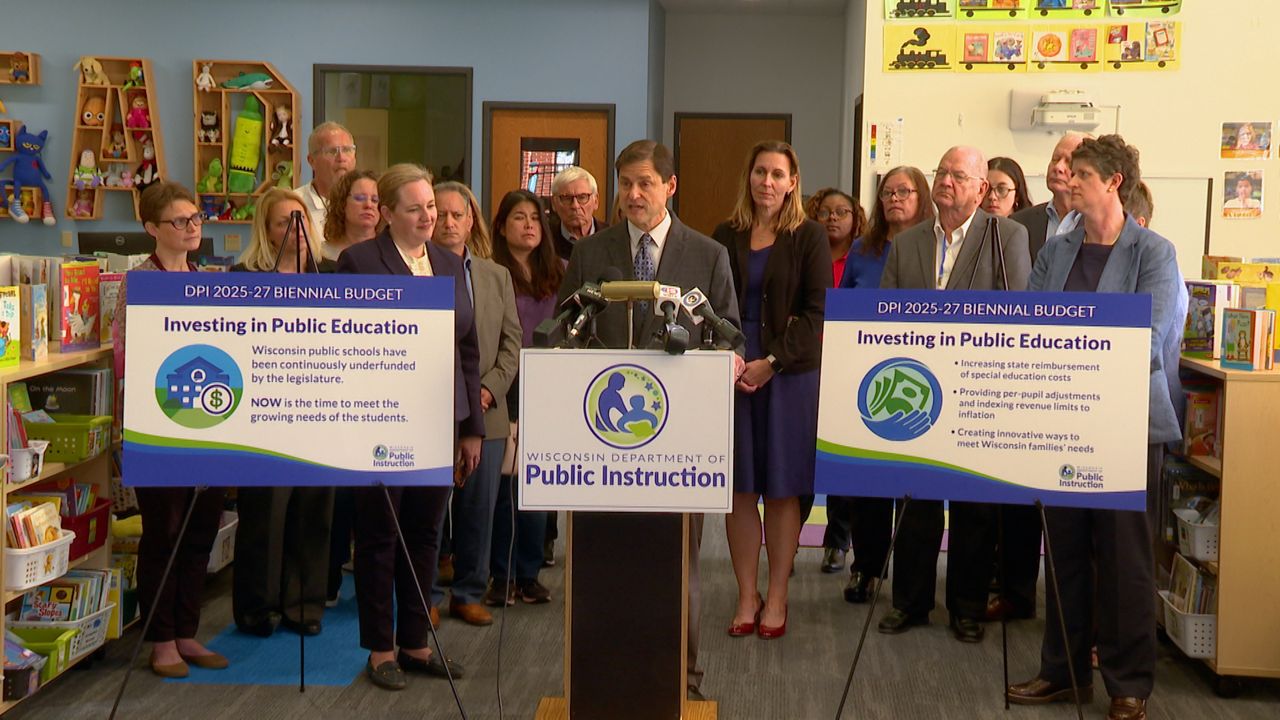
Local school districts, including McFarland near Madison, where Underly spoke Monday, had to make $1.2 million worth of cuts after an April referendum failed.
“What we heard was frustration and anger, not with the district, but with the lack of support from the state,” McFarland School District Superintendent Aaron Tarnutzer said.
Meanwhile, the Wisconsin Supreme Court is expected to rule on a partial veto by Evers, who increased how much revenue K-12 public schools can raise per student by $325 a year until 2425. To achieve that, Evers took language that originally applied the increase to the 2023-24 and 2024-25 school years and instead vetoed the “20” and the hyphen to make the end date 2425.







